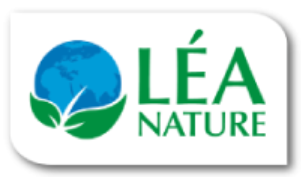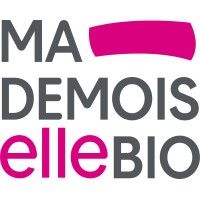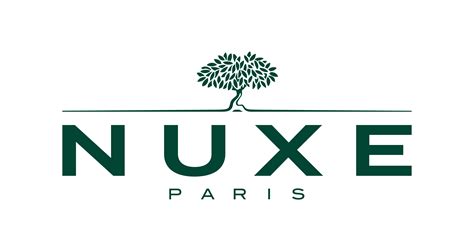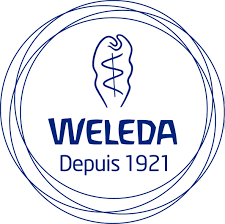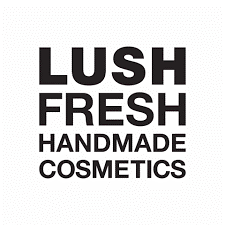Summary
The global organic cosmetics market grew significantly, despite an overall decline in the hygiene and beauty market of 6.5%. More specifically, the organic sector saw an increase of 53% for organic cosmetics and 37.7% for organic and natural cosmetics. Asia-Pacific dominates the global cosmetics market , with a 43% market share in 2020, while France remains Europe's second-largest consumer. Consumers are attracted to organic products because of their concern for health, environmental values and animal welfare, with certifications such as COSMOS ORGANIC becoming important trust indicators.
evolving consumer trends: growth in organic cosmetics and impact on the beauty industry
The rise of e-commerce and direct-to-consumer digital brands (DNVBs) also reflects changing distribution channels, with supermarkets gaining ground as a key point of sale for organic cosmetics, while online platforms such as Amazon and Yves Rocher are registering significant footfall. Trends towards "no makeup" and "deconsumerism" have had an impact on purchasing behavior, with budgets allocated to hygiene and beauty declining by 9.1%. Manufacturers adapt through product innovation, sustainable packaging and customized offers in response to consumer demand With changing consumer habits, demand in the cosmetics industry has been shifting in particular towards more sustainable products.industry has shifted towards organic and natural cosmetics, which continue to enjoy robust growth against a backdrop of dwindling sales of conventional cosmetics.
The organic cosmetics market encompasses a wide range of products, including make-up, creams, serums and oils, scrubs and exfoliants, shower gels, soaps and shampoos, as well as perfumes. Certified by organizations such as Ecocert and labeled with certifications such as COSMOS ORGANIC, consumers are increasingly attentive to what goes into the composition of their beauty products and how they are produced. Despite a 5-10% drop in the overall hygiene and beauty market, organic cosmetics have recorded an impressive growth rate.
In France, sales of conventional hygiene and beauty products fell marginally, with a compound annual growth rate of almost -1%, while the organic segment continued to expand. Toilet soaps and dermatological bars saw a significant increase in sales of over 40%, indicating a growing potential interest in gentler organic product alternatives. The annual budget for hygiene and beauty products has fallen by around 10% in five years.
Interestingly, the number of times consumers buy personal care products each year has also fallen slightly. Organic cosmetics seem to attract consumers not only because of their ingredient list, but also because they adhere to a broader value-based purchasing policy. More than half of consumers surveyed indicated a preference for organic cosmetics for health reasons, while around half chose them for environmental reasons. In addition, more than a third expressed a high level of confidence in certified organic and natural products, compared with only around a third for non-labelled products. The market has seen the emergence of different consumer profiles, with "committed ambassadors" being the main drivers of demand, made up of individuals who attach great importance to the organic pedigree of their products.
Key players shaping the organic cosmetics landscape.
The organic cosmetics sector is growing exponentially, with small and large companies carving out their own niche with the promise of natural beauty. The dominant figures in this booming sector include historic brands, retail giants and innovative start-ups, each contributing to a market rich in diversity and value.
- Léa Nature and the pioneering spirit of SO'BIO étic Léa Nature has established itself as a historic brand in the organic cosmetics market. SO'BIO étic, its flagship line, illustrates its commitment to offering consumers products that are not only kind to the skin, but also to the environment. Its commitment to the principles of organic farming has earned it the trust of consumers who place a premium on health and sustainable development.
- La Provençale Bio In a strategic move to meet the growing demand for organic products, make-up magnate L'Oréal has unveiled La Provençale Bio. This brand reflects L'Oréal's recognition of the changing beauty paradigm, where consumers are increasingly opting for products that are not only effective, but also more respectful of their bodies and the planet.
- Le Groupe Rocher Le Groupe Rocher, with its global presence, has forged a reputation for using natural ingredients in all its product ranges. Its commitment to quality and eco-responsibility continues to attract customers who align themselves with brands that reflect their respect for nature.
- Respire in natural deodorants Respire is making its mark in the DNVB sector, winning over consumers with its range of 100% natural deodorants. Thanks to a direct-to-customer sales model, Respire has succeeded in positioning itself in a niche market, offering transparency and products that are both effective and respectful of the environment.
- Natura from Brazil to the world Originating in Brazil, Natura has profoundly influenced the natural cosmetics market, extending its reach to a global audience. Its commitment to biodiversity, sustainable sourcing and community empowerment reflects a deep-rooted ethic that resonates with consumers around the world.
- Les Petits Prodiges and the "Made in France" label The French brand Les Petits Prodiges also stands out in the DNVB, highlighting its commitment to eco-responsibility and local production. Their "Made in France" label is a guarantee of quality and a nod to tradition, attracting a clientele they hold dear
to understand this market
Detailed content
 Inforamtion
Inforamtion
- Number of pages : 30 pages
- Format : Digital and PDF versions
- Last update : 24/04/2023
 Summary and extracts
Summary and extracts
1 Market overview
1.1 Presentation and definition of the organic cosmetics market
The organic cosmetics market covers all hygiene and beauty products, including :
- Makeup;
- Creams;
- Serums and oils;
- Scrubs and exfoliants;
- Shower gels, soaps and shampoos;
- Perfumes.
These products are certified by various private labels that ensure that these products meet several criteria. Certification bodies such as Ecocert will issue labels, such as the COSMOS ORGANIC label, the specifications of this label replace the national specifications for the certification of new products since January 1, 2017.
Organic cosmetics are correlated with other types of cosmetics, particularly natural cosmetics, but also vegan cosmetics. It is in the composition of the product, but also in the packaging or in the method of manufacture that a cosmetic is labeled organic.
To study the organic cosmetics market, it is often interesting to look at the cosmetics market as a whole to see the overall trend. This is how we discover that Asia Pacific is the region with the largest share of the world market with 43% of the shares in 2020 and that France is the second most consuming European country for cosmetics for several years and still in 2020. The overall trend shows, however, a decline in the hygiene and beauty market with a decrease of 6.5% between 2019 and 2020, but the organic cosmetics market does not feel this decline and continues to grow at high speed with a 53% growth for organic cosmetics and 37.7% for organic and natural cosmetics between 2018 and 2019
There are many players present in this sector, Léa Nature with SO'BIO etic being the historic brand, but now private labels and large groups are also going organic by creating new ranges or even new brands, as is the case of L'Oréal with La Provençale bio, created in 2018.
Behind the purchase of an organic cosmetic are values that are expressed, such as the desire to take care of one's health, the environment or animals, and in an overall societal movement towards organic, organic cosmetics find their place very well.
 List of charts
List of charts
- Worldwide sales of natural cosmetics
- European cosmetics consumption
- [Copy] Geographical breakdown of cosmetics sales
- [Copy] Breakdown of the cosmetics market by product type
- Evolution of the turnover of organic and natural cosmetics
All our studies are available online in PDF format
Take a look at an example of our research on another market!
Latest news
Companies quoted in this study
This study contains a complete overview of the companies in the market, with the latest figures and news for each company. :
 Choosing this study means :
Choosing this study means :
Access to more than 35 hours of work
Our studies are the result of over 35 hours of research and analysis. Using our studies allows you to devote more time and added value to your projects.
Benefit from 6 years' experience and over 1,500 industry reports already produced
Our expertise enables us to produce comprehensive studies in all sectors, including niche and emerging markets.
Our know-how and methodology enable us to produce reports that offer unique value for money.
Access to several thousand articles and paid-for data
Businesscoot has access to all the paid economic press as well as exclusive databases to carry out its market research (over 30,000 articles and private sources).
To enhance our research, our analysts also use web indicators (semrush, trends, etc.) to identify market trends and company strategies. (Consult our paying sources)
Guaranteed support after your purchase
A team dedicated to after-sales service, to guarantee you a high level of satisfaction. +44 238 097 0676
A digital format designed for our users
Not only do you have access to a PDF, but also to a digital version designed for our customers. This version gives you access to sources, data in Excel format and graphics. The content of the study can therefore be easily retrieved and adapted for your specific needs.
 Our offers :
Our offers :
the organic cosmetics market | France
- What are the figures on the size and growth of the market?
- What is driving the growth of the market and its evolution?
- What is the positioning of companies in the value chain?
- Data from several dozen databases
Pack 5 études (-15%) France
- 5 études au prix de 75,6€HT par étude à choisir parmi nos 800 titres sur le catalogue France pendant 12 mois
- Conservez -15% sur les études supplémentaires achetées
- Choisissez le remboursement des crédits non consommés au terme des 12 mois (durée du pack)
Consultez les conditions du pack et de remboursement des crédits non consommés.





 Henkel reports 4.2% growth for sales of 21.5 billion euros - 05/03/2024
Henkel reports 4.2% growth for sales of 21.5 billion euros - 05/03/2024
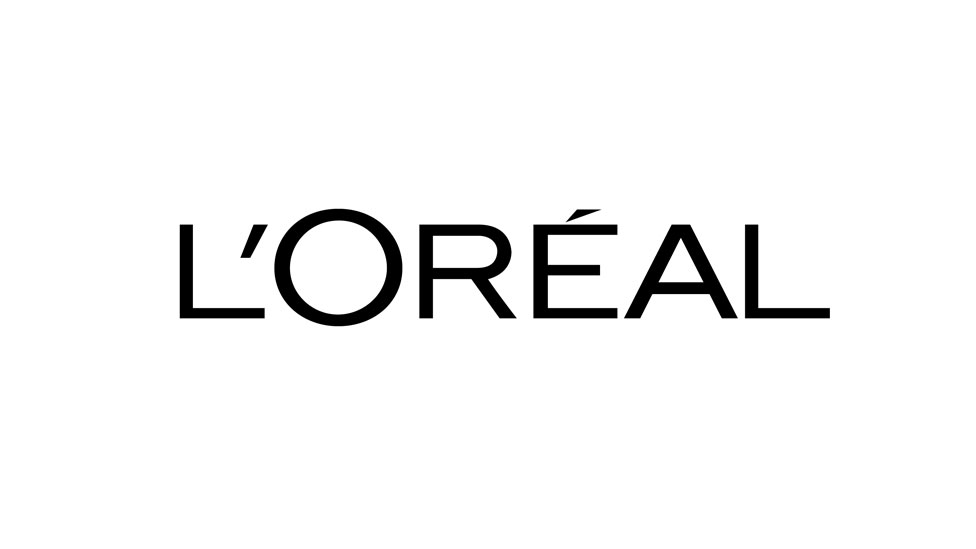 L'Oréal becomes number one in luxury cosmetics and dethrones Estée Lauder - 11/02/2024
L'Oréal becomes number one in luxury cosmetics and dethrones Estée Lauder - 11/02/2024
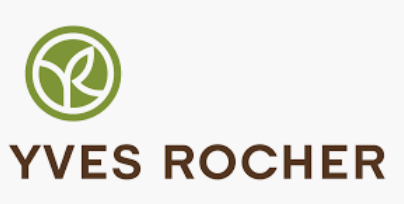 Yves Rocher seeks to sell its factory in Ploërmel, Morbihan - 27/09/2023
Yves Rocher seeks to sell its factory in Ploërmel, Morbihan - 27/09/2023
